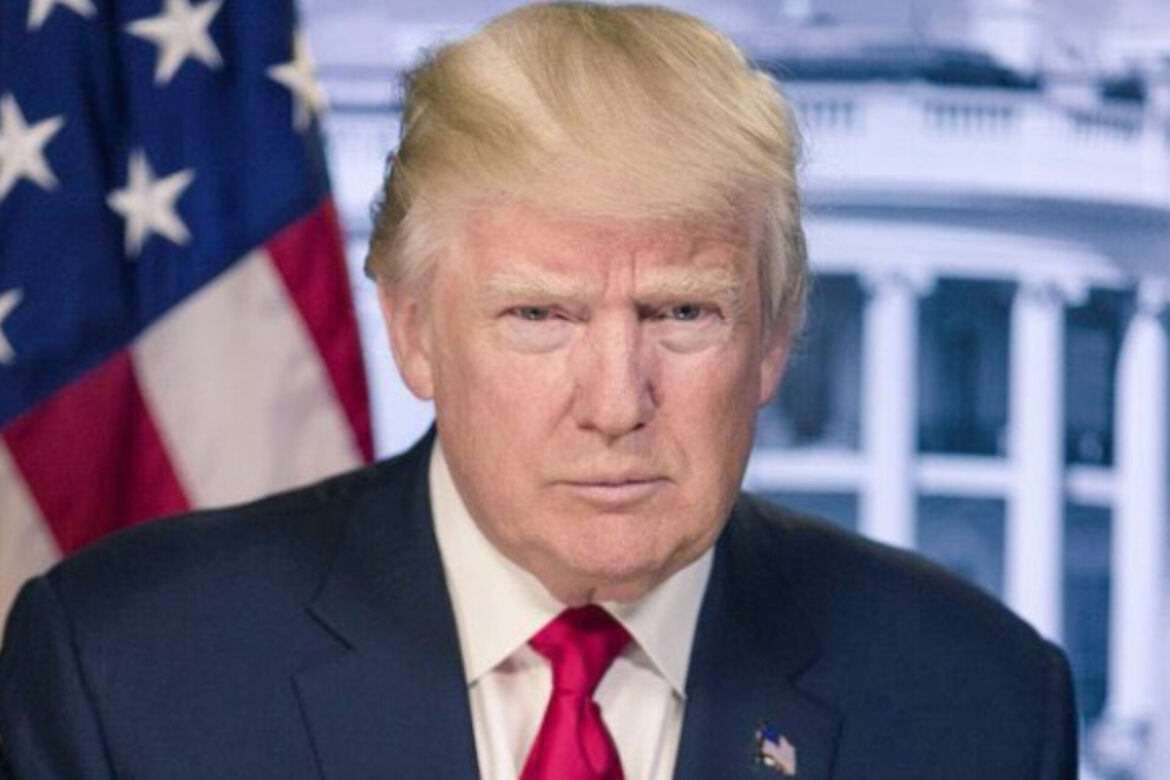President Donald Trump has signed an executive order to end birthright citizenship in the United States, a right protected by the US Constitution for over 125 years. This move is part of a series of actions aimed at changing immigration and border policies.
In his statement, Trump said, “As commander in chief, I have no higher responsibility than to defend our country from threats and invasions, and that is what I’m going to do.”
The US government has traditionally interpreted the Constitution’s 14th Amendment to grant citizenship to anyone born on American soil, regardless of their parents’ immigration status. The amendment states: “All persons born or naturalised in the United States, and subject to the jurisdiction thereof, are citizens of the United States and of the State wherein they reside..”
However, the new order instructs federal agencies to stop issuing citizenship documents to children born in the US if their parents are not citizens, legal permanent residents, or are in the country on temporary visas.
Trump’s order, set to take effect in 30 days, immediately faced legal challenges. The American Civil Liberties Union (ACLU) and other advocacy groups filed a lawsuit, arguing the move is unconstitutional.
Additionally, Trump used his executive powers to suspend US asylum laws, claiming migrants are staging an “invasion” at the southern border and posing public health risks. He authorized officials to “repel, repatriate, or remove” migrants and halt their entry into the US until he declares the border situation resolved.




